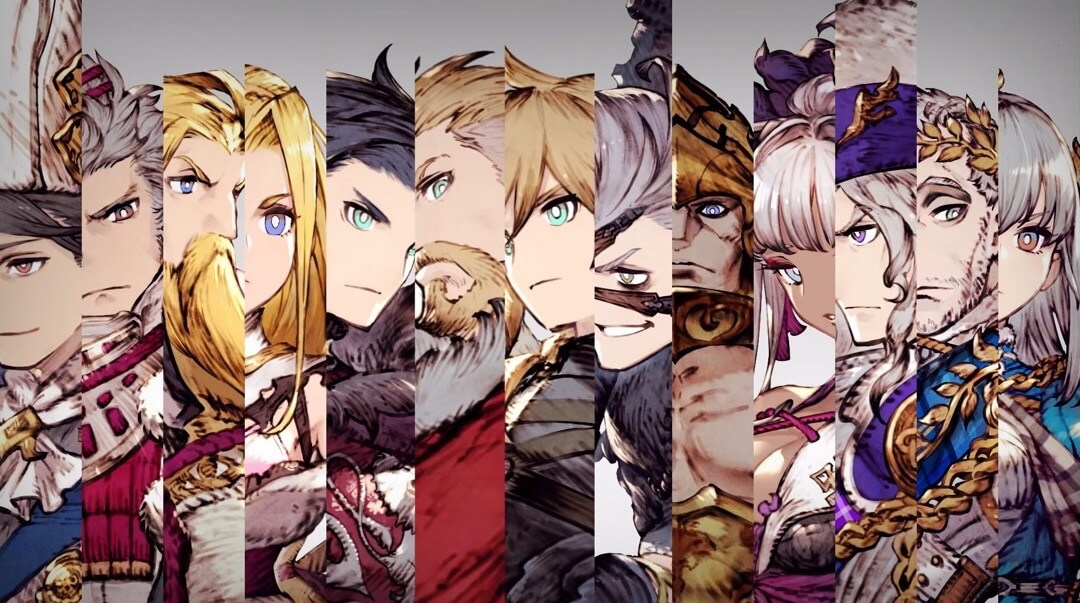League of Legends has been a massive video game for over a decade. But in 2021, League of Legends expanded in a major way. It’s no longer just the biggest multiplayer online battle arena (MOBA) in the world. Now it’s a hit TV show, a card game, a sprawling RPG, and even a virtual K-pop group. Riot invested in multiple initiatives for years, all in the name of expanding what League is and can be. And it all came together in 2021.
Despite it being one of the most popular games in the world, boasting 115,000,000 average monthly players in 2021, League’s complexity and steep learning curve make it a game that appeals to very competitive gamers. But the game’s ubiquity made it a household name, even for people who weren’t playing it. Maybe it’s installed on their teenager’s computer, or they have a cousin who’s super into it. Or there’s a certain table of kids at school – the World of Warcraft table, back when I was in high school – who sit and talk about team compositions and upcoming champions every day.
But that’s an old picture of League fandom. League of Legends fandom used to mean pain, frustration. It’s the kind of game that’s so complicated that trying to explain it to someone gives them – and probably you – a headache. I remember when I first got into League, talking to a more experienced friend. I asked: “I get that armor blocks physical damage, and magic resist blocks magic damage, but how do I know which Champions deal which kind of damage?”
“You remember,” they told me. There were 112 Champions at the time. Now, there are 158.

But the highs that come from a game-winning play, and the lows that come from causing your team to lose, are enthralling. Though I’ve taken long breaks from League in the past, it’s never left me. Even if I’m gone for a year, it’s the only thing I can think about after just one or two games back. It’s all-consuming, in the best kind of way.
Until 2021, it was still a pretty tough sell for people who just see League’s gorgeous art and want to experience it – players who don’t want to spend every night in college, when they should be writing, queuing up for their 12th game of the day. You have this beautiful world filled with striking characters, but the only way to interact with them is to play a highly competitive game that takes weeks to learn and years to master. Telling someone like my wife – who regularly sees rad screensavers for League on my PC and thinks “I want to play that” – what League really entails usually elicits a rude gesture and a swear word.
But in 2019 and 2020, Riot started to expand the League of Legends’ reach. Internal games like Legends of Runeterra – the studio’s digital collectible card game – and Teamfight Tactics – the chess-like auto-battler – started to pull in new types of players. And in 2019, Riot also revealed Riot Forge, a new partnership with indie studios that would allow developers like Airship Syndicate to publish games in the League of Legends franchise.
After two years of relative quiet, Riot Forge exploded on Nov. 16, 2021 with Hextech Mayhem – a musical rhythm game from Choice Provisions – and Airship Syndicate’s turn-based RPG, Ruined King. Both drops are excellent.

Hextech Mayhem is a great little game. It’s a rhythm-based music platformer with on-screen explosions and in-headphone bangers. With two plush-able characters in Ziggs and Heimerdinger, and easy-to-pick-up gameplay, it’s the most accessible League game there’s ever been.
Ruined King was Polygon’s 16th best Game of the Year for 2021, because on top of showcasing the world of Runeterra beautifully, it’s got some of the most interesting turn-based RPG combat I’ve seen in years. It’s long and full of detail, a huge boon for single-player-only fans who would otherwise never bat an eye at League.
In 2021, Riot also released Arcane on Netflix, an animated TV show filled with Champions from League. The 9-episode show pushed League characters further into the mainstream. It told a deep, intricate story of just a handful of League characters struggling to survive. It’s about class and ambition, and it gives Champions I’ve known for years more depth than they’ve ever had before. More importantly, it’s an entirely different medium, bringing in fans who’ve never picked up a controller and only use their keyboard for work.
The show was streamed widely, to favorable reviews — it currently has a 100% rating on Rotten Tomatoes and is headed toward a second season. Arcane not only made lore more legible to outsiders, it also added depth to some of the League’s female champions — a choice that likely broadened the League fanbase to include more women — and put a queer relationship front and center. (At the same time, Riot is currently paying $100 million in a gender discrimination settlement, which includes $80 million to female workers. The original lawsuit was filed in 2018.)

More than the successes of the games and show on their own, this expansion of offerings has fundamentally changed League of Legends. What was once just a MOBA comes in so many unique flavors now. Some people, like me, sample all the League content they can. Others might just love animated TV shows and cinematics, or excellent turn-based RPGs.
The point is that my 67-year-old dad knows who Jinx is. Not from that one time he graciously went with me to a live League esports event when we were on vacation, but because he watched Arcane and loved it. For my friends who love to poke away at RPGs but hate multiplayer games, I recommend Ruined King and know they’ll have a great time in the League of Legends universe.
Each of these experiences has spawned their own fans, but they’re collectively League of Legends fans. There are thousands of people out there who’ve never even seen what the League of Legends MOBA looks like who are dying for Arcane season 2, or can’t wait for the next Riot Forge games Conv/rgence and Song of Nunu. Someday, Riot’s League of Legends MMO will launch and draw fans of the RPG, the card game, the MOBA, the TV show and more to the same place.
Are they all the same kinds of fans? No, but they all have their own way of engaging with the lore, champions, and stories that hardcore League players like me have known are special for over a decade.
Source: Polygon





















